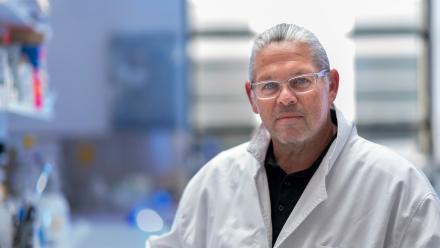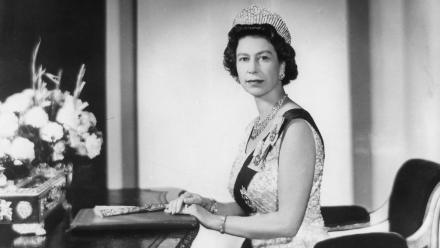Reducing carbon emissions not enough, expert warns
We’ve also let this problem get to the point where rapid emission reductions alone won’t be enough
We are now beyond the point of simply needing to reduce carbon emissions to prevent catastrophic climate change, according to a leading scientist from The Australian National University (ANU).
Professor Nerilie Abram is the only Australian-based member of a new international scientific body, the Climate Crisis Advisory Group (CCAG).
"People and ecosystems are already suffering from the impacts of climate change across the world, and these impacts will worsen unless we move quickly to radically reduce global greenhouse gas emissions," Professor Abram said.
"But we've also let this problem get to the point where rapid emission reductions alone won't be enough - we also need to develop ways to remove large amounts of carbon dioxide from the atmosphere and to preserve critical parts of the Earth system while we still can."
The CCAG has been launched today to provide independent expert advice and guidance to global leaders as they seek further commitments and actions to combat the climate crisis.
The Group, chaired by Sir David King, the former UK Government's Chief Scientific Advisor, comprises 14 world-leading experts from a range of climate related disciplines. It believes that despite mounting evidence, not enough is being done to mitigate the impacts of climate change.
CCAG is calling on international decision makers to collaborate and take action in three key areas:
Reduce: Current targets for greenhouse gas emissions reduction are not enough. Nations need to triple their emissions-cutting pledges to limit the effects of the climate crisis.
Remove: We need large-scale investment to develop and scale techniques to remove greenhouse gases from the atmosphere.
Repair: Deep research is needed to explore and investigate safe methods and technologies to repair parts of our damaged climate systems.
The Group will offer leading scientific advice in an open and transparent format to governments, stakeholders, and the public with the aim of agitating for real and significant global commitments required to make these changes.
Chair of CCAG, Sir David King said: "I believe we have five years left to get on top of this global problem. We began talking seriously about climate change in 1992, yet we are now in a worse position with growing emissions and rising risks - watching greenhouse gases increase year after year."
"We need to take action now and that is exactly what CCAG is set up to do. Each member is a world leading expert, with the knowledge and capabilities to address politicians, financial institutions, and members of the public to take real, tangible actions towards global climate change mitigation and repair for our future generations."
The CCAG will hold its first public briefing on Thursday 24 June at 12 midday BST (9pm AEST), live-streamed on YouTube: https://bit.ly/2TOKwVc.
The full list of CCAG members include:
- Sir David King (Chair), Cambridge University
- Dr Robert W. Corell, US Global Environment Technology Foundation
- Professor Qi Ye, Hong Kong University Science and Technology
- Dr Klaus Lackner, Arizone State University
- Professor Mercedes Bustamante, University of Brasilia
- Professor Lavanya Rajamani, Oxford University
- Dr Arunabha Ghosh, The Council on Energy, Environment and Water
- Dr Fatih Birol, International Energy Agency
- Professor Johan Rockström, Potsdam University
- Professor Lorraine Whitmarsh, University of Bath
- Professor Nerilie Abram, Australian National University
- Dr Tero Mustonen, Snowchange Cooperative
- Professor Laura Diaz Anadon, University of Cambridge
- Professor Mark Maslin, University College London


